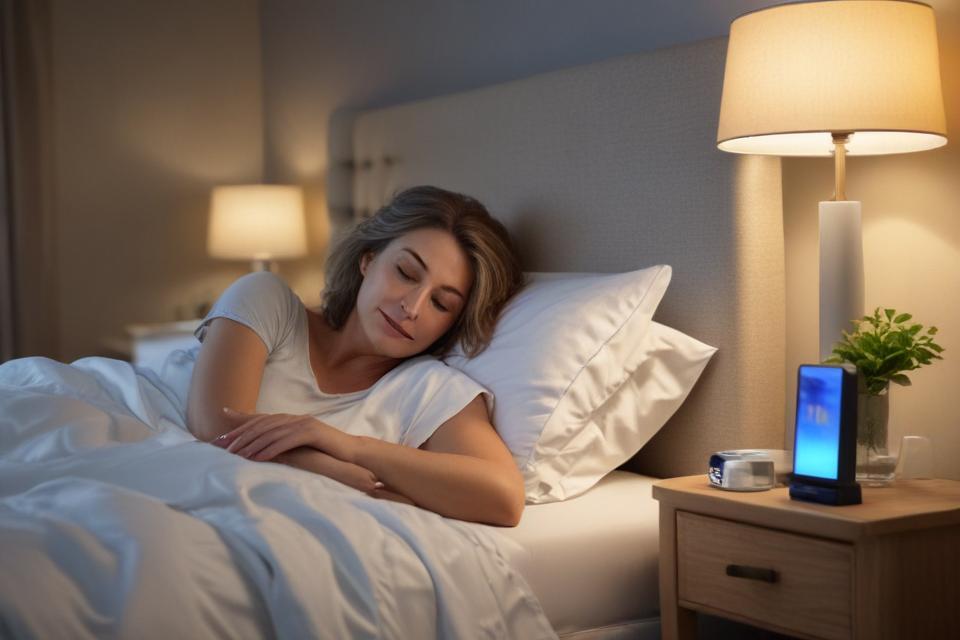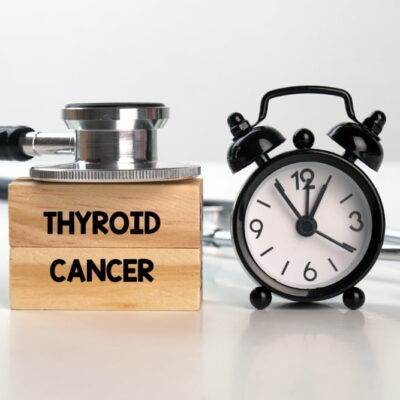
What Most People Don’t Know About Sleep Aids
In today’s fast-paced world, sleep aids have become a go-to solution for many seeking a good night’s rest. Whether it’s the best sleep medicine otc or a popular option like Advil sleep aid, these products promise to whisk users away to dreamland. However, there’s more to sleep aids than meets the eye. As experts in the health field, it’s crucial to delve deeper into the intricacies of these sleep solutions. Let’s uncover some surprising facts about sleep aids that might just change the way you think about them.
- Sleep aids aren’t a one-size-fits-all solution
Not all sleep aids are created equal. While over-the-counter options like the best sleep medicine otc can be effective for some, they might not work for everyone. Factors such as individual health conditions, the underlying cause of sleep disturbances, and even genetic predispositions can influence how well a sleep aid works. It’s essential to understand that what works wonders for one person might not have the same effect on another.
- Over-the-counter doesn’t mean risk-free
Just because a sleep aid is available over-the-counter doesn’t mean it’s free from potential side effects or risks. Many OTC sleep aids, including Advil sleep aid, contain antihistamines that can cause drowsiness, dry mouth, and even dizziness. Long-term use can lead to tolerance, meaning you’ll need higher doses to achieve the same effect, which can be dangerous. Always consult with a healthcare professional before starting any new sleep aid regimen.
- Natural doesn’t always mean better
With the rise of natural and herbal remedies, sleep gummies and other natural sleep aids have gained popularity. However, it’s a common misconception that natural equals safe. Some herbal ingredients can interact with medications or exacerbate certain health conditions. While natural sleep aids can be effective, it’s crucial to research their ingredients and consult with a healthcare provider to ensure they’re safe for you.
- Sleep aids can mask underlying issues
While sleep aids can provide temporary relief, they might be masking an underlying issue that needs attention. Insomnia and other sleep disturbances can often be symptoms of deeper health problems such as anxiety, depression, or sleep apnea. Relying solely on sleep aids without addressing the root cause can lead to prolonged health issues. A comprehensive approach, often involving lifestyle changes and addressing mental health, is essential for long-term sleep improvement.
- The placebo effect is real
Believe it or not, the mind can be a powerful tool in achieving a good night’s sleep. Some studies suggest that the placebo effect can play a significant role in the perceived effectiveness of sleep aids. Simply believing that a sleep aid will work can sometimes be enough to improve sleep quality. This doesn’t mean sleep aids are ineffective, but it highlights the importance of mindset and the psychological component of sleep.
- Lifestyle changes can enhance the effectiveness of sleep aids
Pairing sleep aids with healthy sleep habits can maximize their effectiveness. Simple changes like establishing a regular sleep schedule, creating a relaxing bedtime routine, and minimizing screen time before bed can work wonders. These lifestyle adjustments can enhance the effects of sleep aids, making it easier to achieve restful sleep without relying solely on medication.
In conclusion, while sleep aids can be a helpful tool in the quest for better sleep, it’s important to approach them with caution and awareness. Understanding the potential risks, benefits, and the importance of addressing underlying health issues can lead to more informed decisions. Remember, the ultimate goal is not just to fall asleep but to achieve restorative and healthy sleep that contributes to overall well-being.


